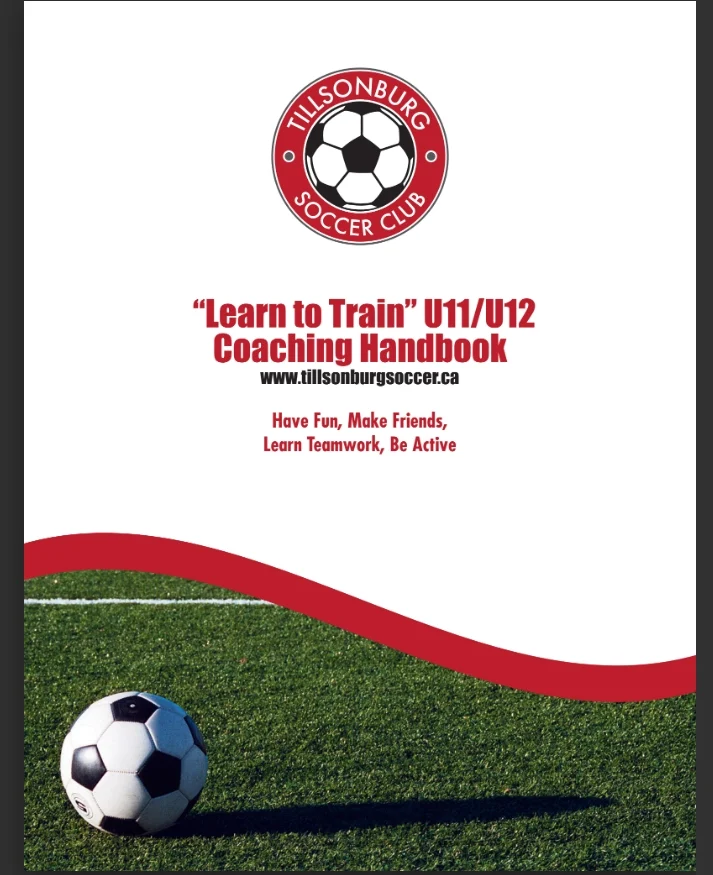Learn to Train U11/U12 Coaching Handbook PDF
The Role of The Coach
Teacher. Mentor. Role model. Cheerleader. Parent. Occasional disciplinarian.
Soccer coaches wear many different hats, particularly when they’re training young players, many of whom are lacing up their cleats for the first time.
You might find yourself leading a fun activity one minute and reining in a distracted player the next.
You must be flexible, because a session or drill that was meant to last 10 minutes might need to be switched up after half that time to keep the players engaged.
Above all, make sure everyone is enjoying the session—including you.
Being a coach is demanding, but it’s also incredibly rewarding.
There’s nothing quite like witnessing the thrill a young player gets when they score their first goal, or make a fantastic pass.
And the lessons a child learns from a good coach can last a lifetime.
The objective isn’t just to develop better soccer players—it’s to develop well-rounded people who are disciplined, persistent and able to work well with others.
Shaping the lives of young people is a tremendous responsibility.
As a coach, you must do everything you can to foster a player’s love for the game, and to help them achieve their potential.
Good coaches seek out new ways to develop their knowledge of the game and how players learn.
This toolkit is designed to get you started.
But it’s not just about what you teach.
It’s about how you teach. Ultimately, it’s your personality and enthusiasm that will have the biggest impact on your players.
When putting an activity together for this age, make it SIMPLE:
Simple activities are best.
Idle time should be minimal.
Make a game out of a practice.
Provide a range of activities.
Let kids have a positive experience.
Extend beyond soccer-specific objectives.


Post a Comment